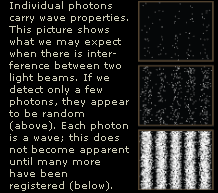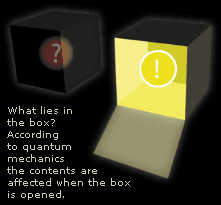The Nobel Prize in Physics 2005
|
| The Nobel Prize in Physics 2005 | |||||||||||||
|
||||||||||||||
|
| Contents: | Introduction – The two faces of light | Using light as a tool | Are the fundamental constants really constant? | Quantum mechanics – what is it? | Guaranteed secure cryptography | Roy Glauber – the father of quantum optics | Further reading | Credits | |
|||||||||||||
| Nobel Poster from the Royal Swedish Academy of Sciences, web adapted by Nobel Web AB. |
Nobel Prizes and laureates
Six prizes were awarded for achievements that have conferred the greatest benefit to humankind. The 12 laureates' work and discoveries range from proteins' structures and machine learning to fighting for a world free of nuclear weapons.
See them all presented here.


